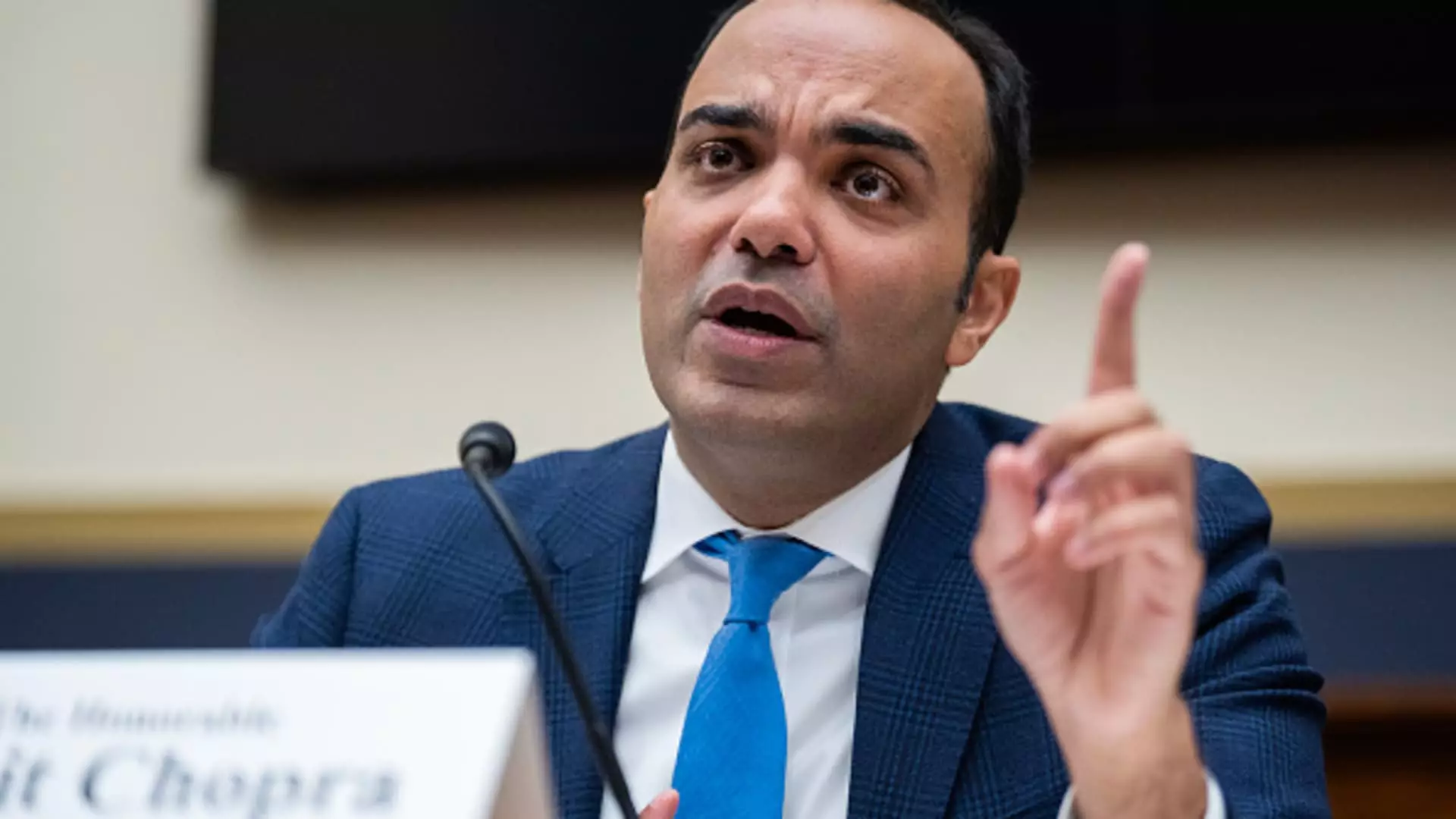The latest development in the financial industry involves the Consumer Financial Protection Bureau’s declaration that customers of the buy now, pay later (BNPL) sector must adhere to the same federal safeguards as credit card users. This means that BNPL lenders, which are primarily fintech firms like Affirm, Klarna, and PayPal, will now be required to offer the same level of protection as traditional credit card providers under the Truth in Lending Act. The move aims to ensure that consumers using BNPL services are entitled to refunds for returned products, have their payments paused during merchant disputes, and receive clear fee disclosures on their bills.
CFPB’s Stance on BNPL Industry
According to CFPB Director Rohit Chopra, regardless of whether a consumer uses a credit card or opts for the BNPL option, they should receive equal consumer protections as mandated by the existing laws and regulations. The CFPB, known for its stringent oversight and enforcement measures in the financial sector, has been closely monitoring the BNPL industry since late 2021. The exponential growth of digital installment loan services in recent years has raised concerns about consumers being given more debt than they can handle, prompting the need for increased regulation in the space.
While some BNPL providers, like Affirm, already offer refund and dispute resolution services on their platforms, the new CFPB rule aims to standardize these practices across the entire industry. The rule, set to take effect in 60 days, is currently open for public commentary before its implementation. Many players in the BNPL sector have been anticipating tighter regulations, including efforts to apply existing credit card rules to their operations. However, some companies, like Klarna, have argued that their no-interest products pose less risk to consumers compared to credit cards with high-interest rates, and therefore, require less oversight.
Despite the CFPB’s efforts to enhance consumer protection in the BNPL industry, there is a possibility of resistance from industry players, similar to other financial sectors such as payday lenders. Some companies may choose to challenge the new rule through legal avenues, potentially leading to a prolonged battle between regulators and industry stakeholders. In the past, the CFPB’s attempts to cap credit card late fees were met with legal challenges, indicating a pattern of pushback from financial institutions against regulatory measures.
The recent regulatory developments by the Consumer Financial Protection Bureau have significant implications for the buy now, pay later industry. As the sector continues to experience rapid growth and adoption by consumers, ensuring adequate consumer protections and oversight mechanisms becomes paramount. The forthcoming changes in the regulatory landscape will not only impact how BNPL providers operate but also influence the choices and rights available to consumers in the evolving financial market.


Leave a Reply